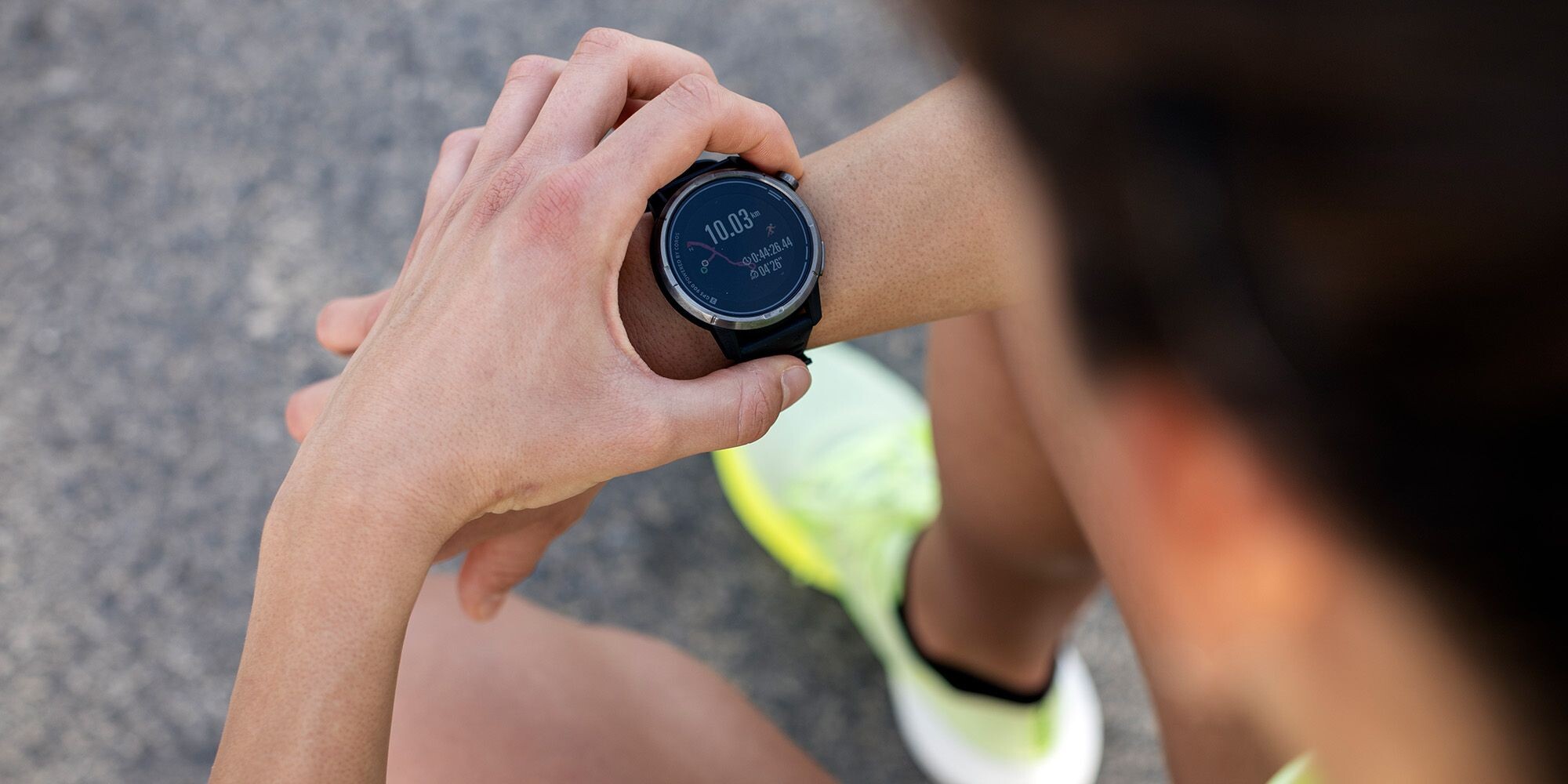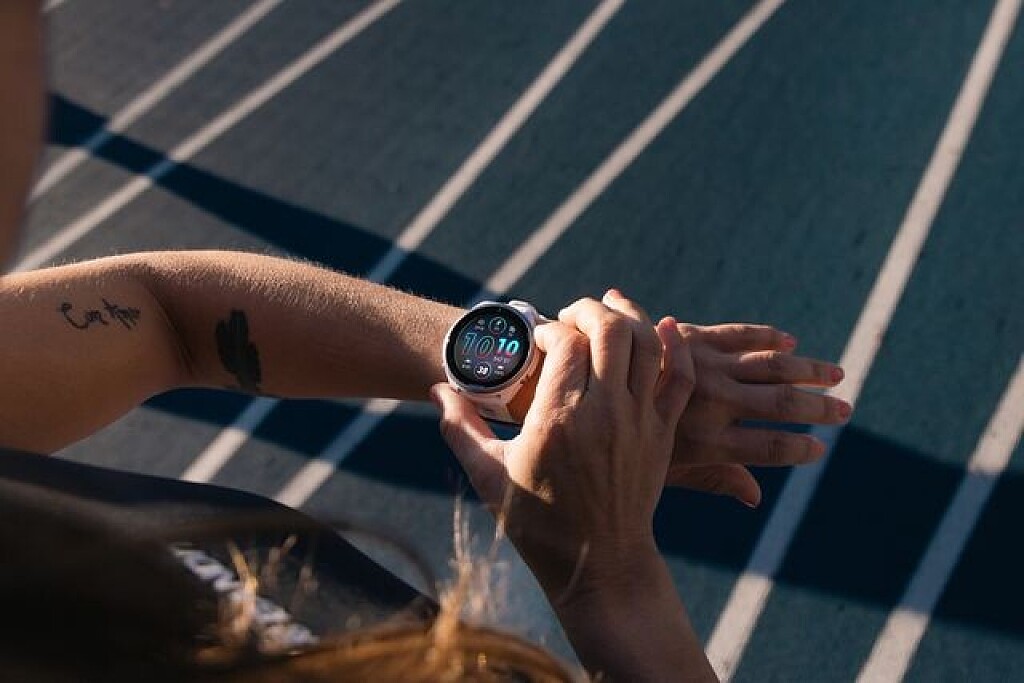Running News Daily
Running News Daily is edited by Bob Anderson. Send your news items to bob@mybestruns.com Advertising opportunities available. Train the Kenyan Way at KATA Kenya and Portugal owned and operated by Bob Anderson. Be sure to catch our movie A Long Run the movie KATA Running Camps and KATA Potato Farms - 31 now open in Kenya! https://kata.ke/
Index to Daily Posts · Sign Up For Updates · Run The World Feed
Runners are swallowing data-tracking pills to create better watches
What do pills and smartwatches have in common? More than you might imagine–runners in Singapore have been swallowing data-tracking pills that measure their internal body temperature and transmit the readings to smartwatches in real time. The info gathered is being used in a project to develop improved sensors, The Straits Times reported.
Researchers at the National University of Singapore’s (NUS) Yong Loo Lin School of Medicine, in collaboration with Samsung Singapore, are experimenting with a new generation of wearables that estimate with more accuracy the impact of heat strain on runners.

The teamwork between NUS and Samsung will pave the way for wearables to detect fatigue and ensure the safety of users, Samsung Singapore’s head of enterprise and government business, Timothy Tan, explains. “For the first time, researchers can monitor vital health data such as core temperature while a race is going on.”
Heat-detecting devices for safety and performance

The pill was developed by the French medical company BodyCap, and contains a small battery, temperature sensor and a transmitter. It’s designed to measure a runner’s core temperature–the most effective indicator of whether a person is overheating under strenuous conditions. Several thousand pills have been used in NUS’s tests during marathons and other running events so far.
The information from the pills is reflected on Samsung watches and is used in conjunction with heart rate data, in order to study how high heat stress impacts readings. “We want to develop a system that can signal to people who are nearing their personal thermal thresholds for safety, so we need to collect all these physiological inputs to see how they correlate,” said centre director Jason Lee. “Heat stress is a key showstopper for endurance performance.”
A database of runners’ temperatures will eventually be created to boost the smartwatches’ ability to detect a user’s core temperature, and to flag when they are at risk of heat injury. The pill passes out of the user’s system in two days.
Similar pills tested by Canadians
The technology in the pill has actually been around since 2007, and an earlier version of the BodyCap pills was tested by Canadian elites as they prepared for the warm temperatures at the 2020 world championships in Doha, Qatar, and the 2021 Tokyo Olympics.
The pills tested in 2019 recorded athletes’ body temperature in 30-second intervals, while the ones being tested by Lee and his team will transmit data as it is received. At that time, the pills cost $70 and use was limited to the military and the elite sports sector. The data was downloadable by Bluetooth to a handheld device, rather than a smartwatch.
The devices may one day play a role in the safety of high-risk groups like firefighters, outdoor workers and seniors, capturing the risk of heat injury and ensuring prompt medical attention if needed. “When deployed in work environments with potential workplace safety risks, our wearable solutions can facilitate swift on-site intervention, potentially saving lives,” Lee says.
by Keeley Milne
Login to leave a comment




